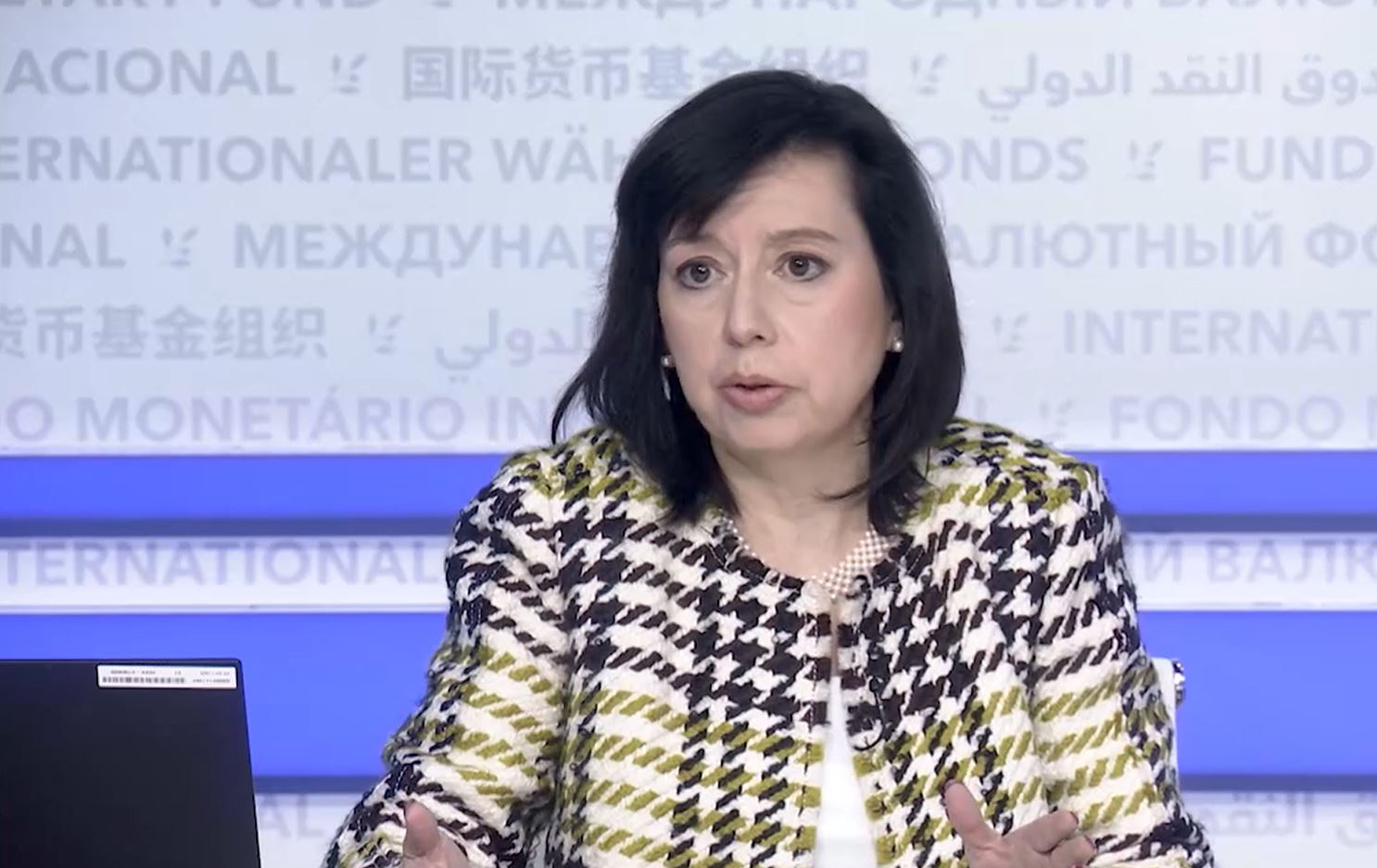The International Monetary Fund (IMF) said on Tuesday that it was “closely engaged” with the Argentine government on the second day of market volatility that followed the unexpected landslide Peronist win in Buenos Aires.
The Fund’s spokeswoman, Julie Kozack, said in an X post on Tuesday that the Argentine authorities are implementing a “program for entrenching stability and improving the country’s growth prospects.”
In April, the country signed a US$20 billion loan with the lender, partially lifted currency controls, and implemented a banded floating exchange rate regime that allows the Central Bank to sell dollars to defend the peso only when the exchange rate hits a certain level.
Last week, however, the Finance Secretary announced that the Treasury would start intervening in the exchange market after the peso weakened against the dollar.
On Monday, after President Javier Milei’s La Libertad Avanza party lost Buenos Aires province legislative elections by an unexpectedly wide margin of 13 percentage points, the exchange rate soared, stocks plummeted, and the country risk index rose to 1,100 basis points.
The vote in the province, which is home to almost 40% of Argentina’s electorate, was widely seen as a bellwether for public opinion less than two weeks from the national midterms.
Kozack said the Fund supported the government’s “commitment to ensure the sustainability of the program’s FX [foreign exchange] and monetary framework, as well as their continued adherence to the fiscal anchor and comprehensive deregulation agenda.”
Milei shared Kozack’s post on X. Echoing his Sunday speech, he said the government would “not budge a millimeter” from its economic program, for which he listed three key points: fiscal balance, a tight monetary market, and currency bands. “In addition, we will continue to deregulate,” he added.
The Fund wrote in its latest staff report that the government had promised the lender it was committed to reducing “state overreach,” rationalizing “redundant public employment,” and “further deregulating sectors like water and air transport, and pharmaceuticals.”
